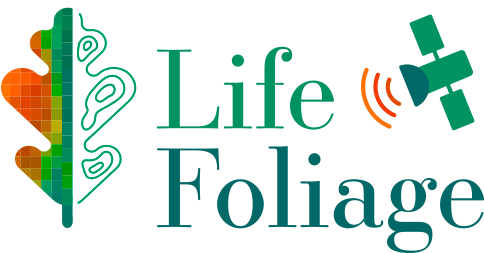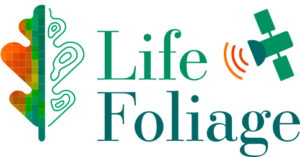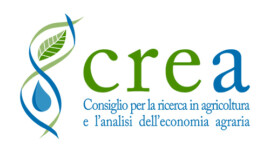
Consiglio per la ricerca in agricoltura e l'analisi dell'economia agraria
The Council for Agricultural Research and Economics (CREA , Consiglio per la ricerca in agricoltura e l’analisi dell’economia agraria) is an Italian organization of research and experimentation with scientific competence in the sectors of agriculture, agro-industry, fisheries and forestry. CREA has legal personality under public law, directly depends from the Ministry of Agriculture, Food and Forestry Policies (Mipaaf). It has scientific, organizational, administrative and financial autonomy.
Its know-how ranges from genetics and physiology to mechanics and robotics; from innovative techniques for the management of sustainable productions, including practices to improve soil fertility and plant protection, to silviculture, under natural and cultivated ecosystems, and livestock farming; from agro-food industry processes to the nutritional properties of foods and dietary aspects. Consumer protection and education as well as waste reduction are also a top priority in all our activities.
Two internal CREA research centres will join the project: the Research Centre for Forestry and Wood and the Research Centre for Engineering and Agro-Food Processing. These two research centres have a well-grounded know-how in remote sensing, environmental data analysis and forest planning and are currently active in 80 national and european projects. The staff of the two research centres is composed by 190 permanent units (74 research scientist, 80 technicians; and 36 administrative units) and by temporary units
hired on specific projects.

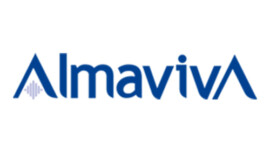
ALMAVIVA
For over 30 years Almaviva has been the technological partner of the Ministry of Agriculture, Food, Forestry and AGEA (Agency for Disbursements in Agriculture) conducting computerization and innovation activities for the main services in the sector. Satellite monitoring in agriculture is one of the main objectives Almaviva achieved, being Italy a reference point for evaluating the effectiveness of the Copernicus constellation satellite data in the process of verification and control of crops subject to community contribution. In 2017, Almaviva applied Copernicus Sentinel 2 data for the control of approximately 50,000 farms verified on a sample basis. The purpose of the control via satellite data is to gradually replace traditional controls by making the eligibility of aid provided by the European Commission objective. In 2018, Almaviva created a wine traceability system. Starting from the data on the National Agricultural Information System, the application accessible through the mobile app Enology allows access to the history of wine from the vineyard to the bottling. It was presented for the first time at Vinitaly 2018. In 2018, Almaviva was awarded Lot 2 of the SIAN Tender for engineering and agronomic services 6 years long. It provides for the realization of control activities via remote sensing (photointerpretation of aerial and satellite images), field and company controls (surfaces, animals, structures) and warehouse controls.
Starting from 2019, Almaviva participates in the Smart AgriFood Observatory of the Politecnico di Milano where it presented the traceability solutions for the wine sector and the Red Oranges IGP. One of the most qualifying goals is the GIS information geo positioning Web application solution. Integrating data from the available graphic, cartographic, alphanumeric and document databases, Almaviva creates territorial dashboards that allow all types of users to manage geo-referenced data at any time thanks to a simple internet connection.

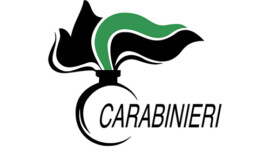
Arma dei Carabinieri - Comando Unità Forestali, Ambientali ed Agroalimentari
Il Comando Unità Forestale, Ambientale e Agroalimentare (CUFAA) è una delle Grandi Unità dell’Arma dei Carabinieri.
Ai sensi del Decreto n. 177/2016, all’inizio del 2017 il CUFAA ha assunto gran parte delle funzioni precedentemente svolte fino a quel momento dal Corpo forestale dello Stato.
Il CUFAA è impegnato nella lotta ai reati ambientali, nella sorveglianza sui territori delle aree naturali protette, nella gestione delle riserve naturali statali attraverso i suoi 28 Reparti Carabinieri Biodiversità, nella realizzazione di progetti volti alla conservazione ed al miglioramento degli habitat, della fauna e della flora e nell’introduzione della silvicoltura sostenibile nell’ambito dei sistemi di gestione.
Ha inoltre il compito di monitorare 130 riserve naturali e le foreste demaniali, che coprono una superficie totale di circa 130.000 ha, dalle Alpi all’estremo sud: si tratta della spina dorsale verde d’Italia, una natura straordinaria e di incomparabile bellezza.
Dal 1992 ha gestito vari progetti per la conservazione di habitat e specie minacciate di estinzione, tipici dell’Unione Europea, che sono stati finanziati attraverso il programma LIFE in cui il CUFAA ha svolto il ruolo sia di Beneficiario Coordinatore sia di Beneficiario Associato.
L’Ufficio Studi e Progetti, nell’ambito del Comando dei Carabinieri per la Tutela della Biodiversità e dei Parchi del CUFAA, sta attualmente partecipando a sette progetti LIFE, dedicati alle specie protette e al monitoraggio delle foreste, tra cui Life Foliage.
Inoltre, l’Ufficio Studi e Progetti coordina le reti nazionali di monitoraggio forestale, svolgendo il compito di Focal Point nazionale per i programmi ICP Foreste e ICP IM e per l’Inventario Forestale Nazionale. E’ inoltre responsabile dell’attuazione della Direttiva NEC per il Ministero dell’Ambiente, soprattutto per quanto riguarda gli impatti dell’inquinamento atmosferico sulle foreste.

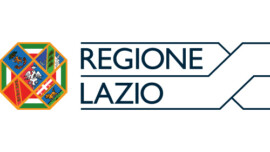
Regione Lazio - Politiche Ambientali e Ciclo dei rifiuti
The office of Regione Lazio – Politiche Ambientali e Ciclo dei rifiuti – Area VINCA e Risorse Forestali as the responsibility of forest regional plan and forest management plans. The office approves the public and private Forest Management Plans, write down the legislation on regional forest and makes all the documents and forms for each forest activity. We have also competence on Natura 2000 sites and we provide the evaluation of different projects and their approach to Nature conservation. The office as also the responsibility for monitoring and implementing the regional governance on Natura 2000 and forest.

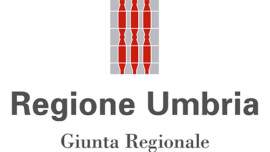
Regione Umbria - Servizio Foreste, montagna, sistemi naturalistici
The office of Regione Umbria – Servizio Foreste, Montagna, Sistemi Naturalistici – has several tasks and responsibilities, including: developing forestry regional regulation, doing research about forest governance and management, coordinating local public agencies on forest firefighting activities, managing Rural Development Programme projects, monitoring and implementing regional governance on Natura 2000 areas.

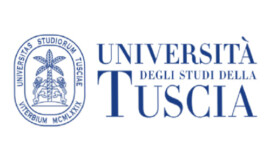
Department for Innovation in Biological, Agro-food and Forest systems (DIBAF) - Università degli Studi della Tuscia
II Dipartimento per la Innovazione nei sistemi Biologici, Agro-alimentari e Forestali (DIBAF), nasce dall’unione di competenze scientifiche diverse, configurandosi nel suo insieme come un laboratorio di ricerca e di didattica multidisciplinare per l’innovazione scientifica e tecnologica dei processi di valorizzazione, salvaguardia e gestione dei sistemi biologici, delle risorse forestali, della trasformazione e sicurezza agroalimentare, della salute umana e della chimica per l’ambiente e del territorio in generale, con peculiare attenzione alla sostenibilità ambientale.

